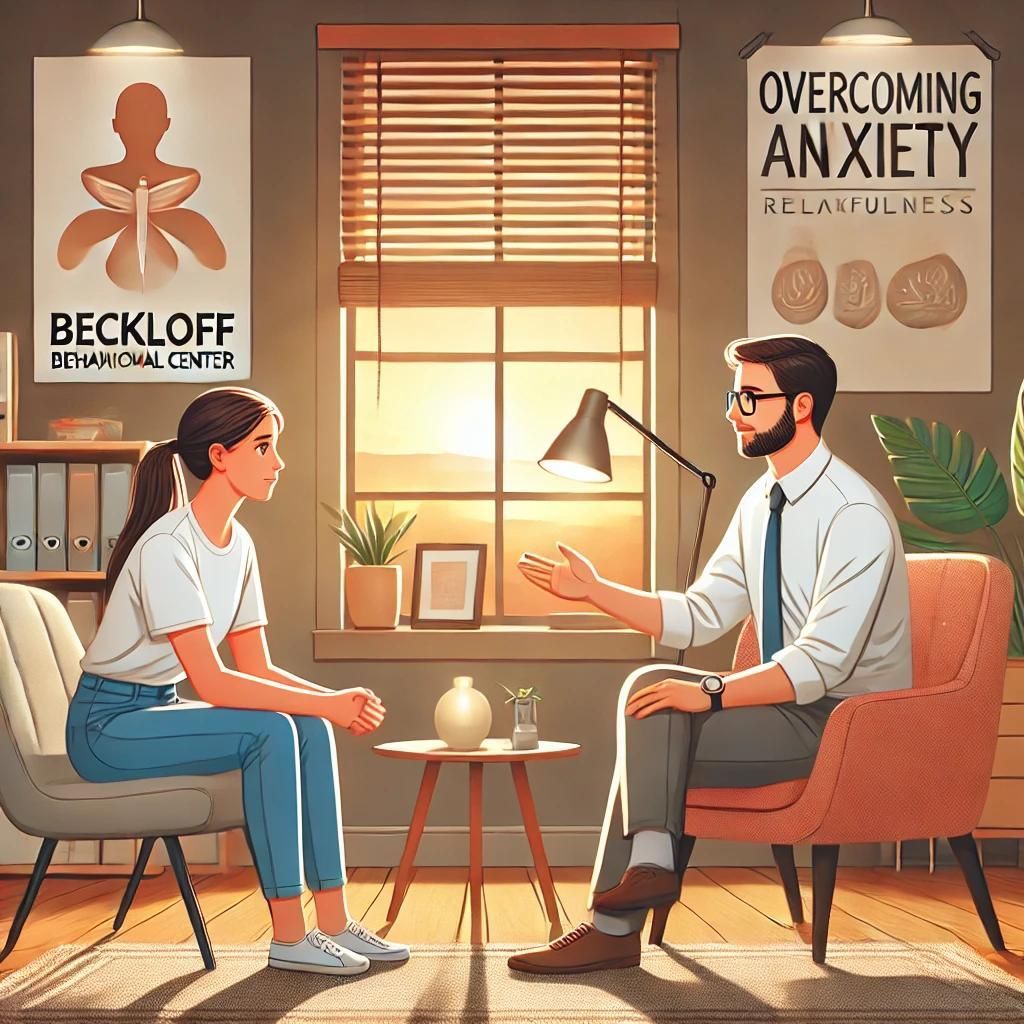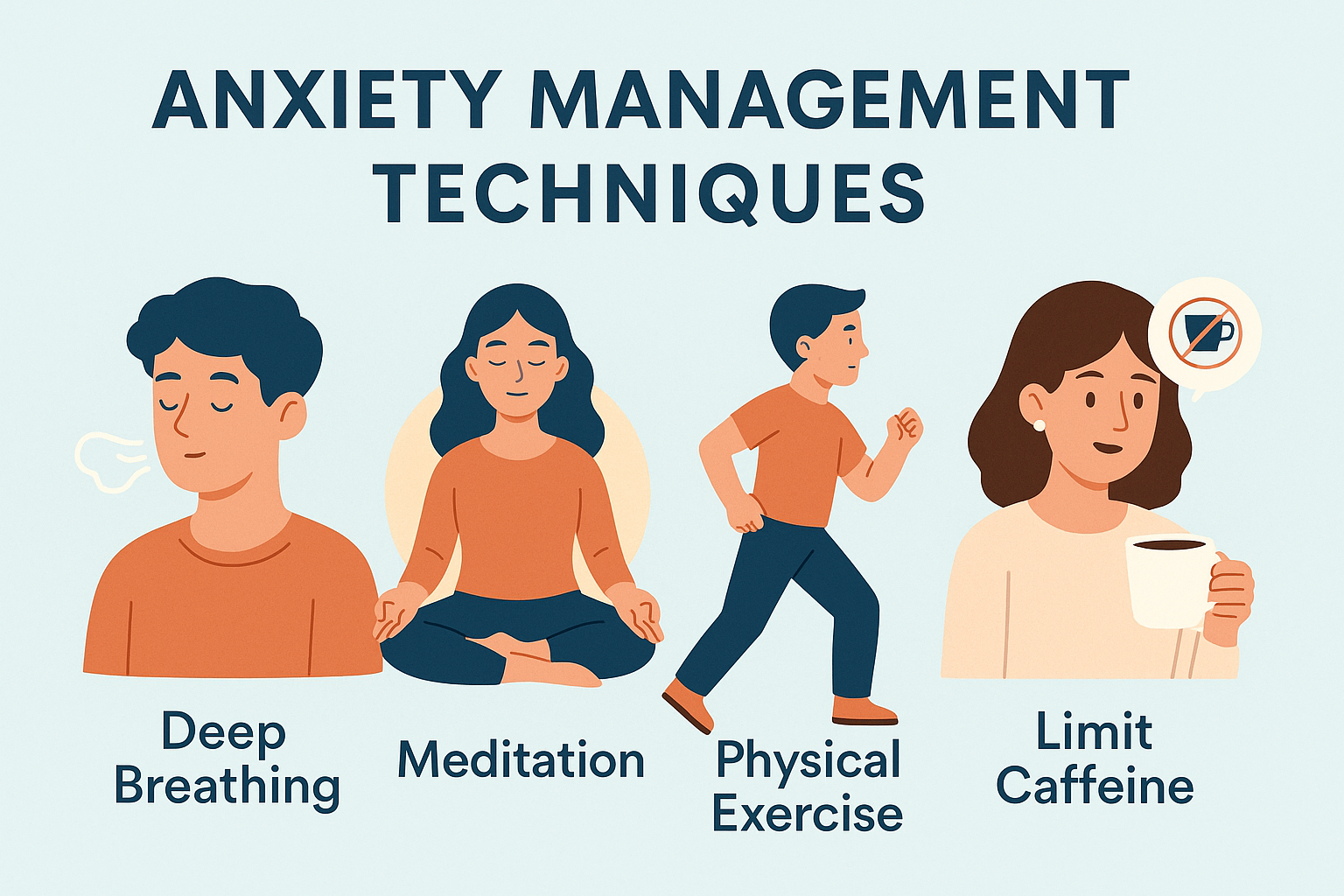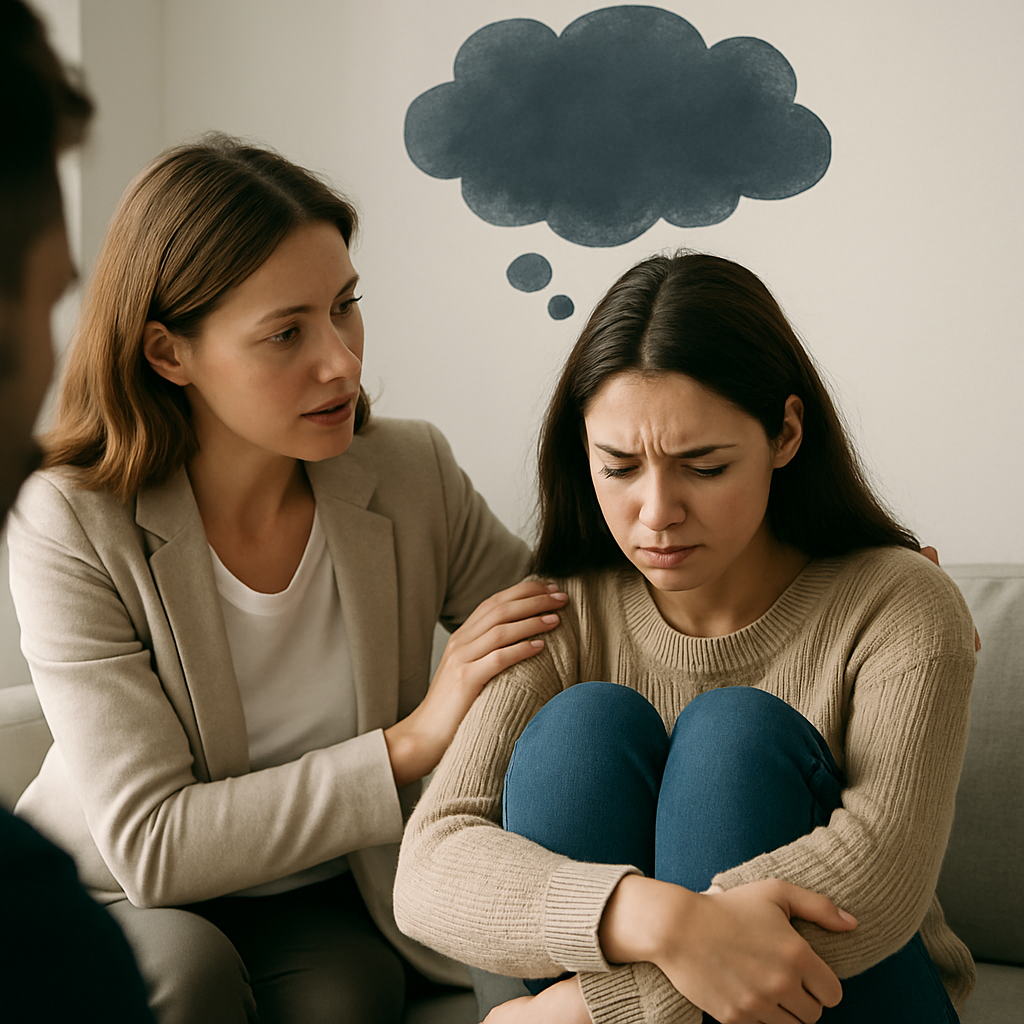
Practical Tools to Help Manage Anxiety and Stress
Do you feel stuck in a cycle of worry? Are you constantly anticipating the worst?
Anxiety is a common experience. It is estimated that 31.1% of U.S. adults have experienced an anxiety disorder at some time in their lives.
But you don't have to live like this.
Beckloff Behavioral Health Center in Dallas will equip you with the tools for overcoming anxiety so that you manage it effectively.
What Is Anxiety?
Anxiety is a natural response to stressful situations and can be useful in helping us avoid danger.
But when it becomes excessive and interferes with our daily lives, it can be a sign of an anxiety disorder.
Anxiety disorders are the most common mental health issue in the United States. It can manifest in various forms, such as generalized anxiety disorder, panic disorder, social anxiety disorder, and specific phobias.
The symptoms of anxiety can vary from person to person, but some of the most common signs include:
● Excessive worry and fear
● Difficulty concentrating
● Muscle tension and aches
● Restlessness and feeling on edge
● Difficulty sleeping
● Fatigue
● Irritability
● Panic attacks
● Avoidance of certain situations or activities
What are the Causes of Anxiety?
The exact cause of anxiety is not fully understood, but it is believed to be a combination of genetic, environmental, and psychological factors.
Some of the potential causes of anxiety include:
● Family history of anxiety or other mental health disorders
● Traumatic experiences, such as abuse or a significant loss
● Chronic stress
● Personality traits, such as perfectionism or low self-esteem
Beckloff Behavioral Health Center’s Evidence-Based Tools for Overcoming Anxiety
While anxiety can feel overwhelming, there are many tools and techniques that can help you manage it effectively.
Here are some strategies that we use in our anxiety treatment at Beckloff Behavioral Health Center:
● Deep Breathing: Slow, deep breaths can activate your body’s relaxation response and reduce feelings of stress and tension.
Practice taking slow, deep breaths through your nose and out through your mouth whenever you feel anxious.
● Cognitive Behavioral Therapy (CBT): CBT is a type of therapy that focuses on changing negative thought patterns and behaviors that contribute to anxiety.
Through CBT, you can learn how to identify and challenge unhelpful thoughts and develop more effective coping strategies.
● Exposure Therapy: Exposure therapy is a form of behavioral therapy that helps people confront their fears in a safe and controlled environment.
By gradually exposing yourself to the things that trigger your anxiety, you can learn to manage your reactions and reduce the fear associated with them.
● Acceptance and Commitment Therapy (ACT): ACT focuses on accepting your thoughts and feelings without judgment and committing to taking action toward your values.
By learning to accept your anxiety and commit to making positive changes, you can reduce its impact on your life.
● Dialectal Therapy: Dialectical Behavioral Therapy (DBT) combines elements of CBT and mindfulness to help people manage intense emotions and improve relationships.
Through DBT, you can learn skills for regulating your emotions, tolerating distress, and communicating effectively with others.
At Beckloff Behavioral Health Center, we're dedicated to helping you build resilience and regain control of your mental health through our supportive and evidence-based anxiety treatment.
Book an appointment with us today.



